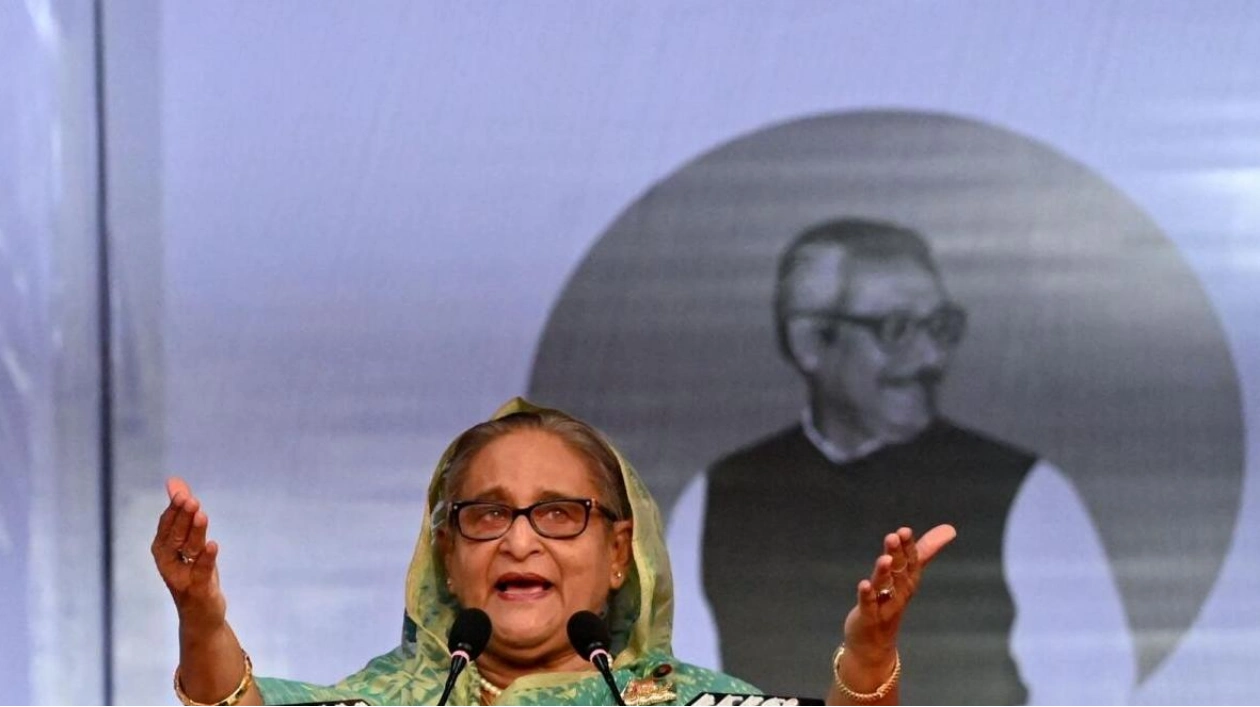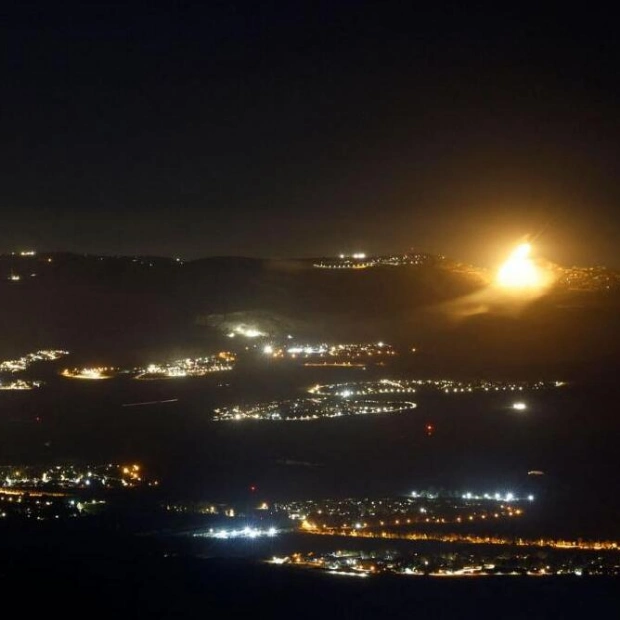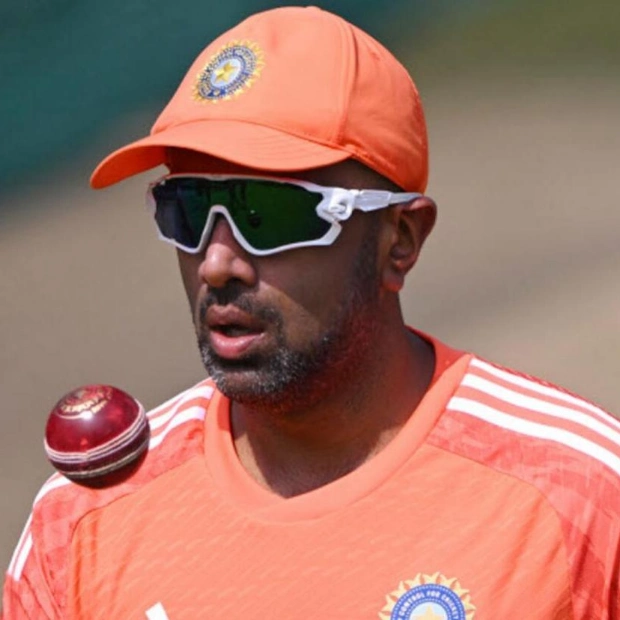Bangladesh's former prime minister Sheikh Hasina should remain silent while in exile in India until she is returned for trial, according to interim leader Muhammad Yunus, who spoke to Indian media on Thursday.
Hasina, 76, fled to India by helicopter a month ago as protesters approached her palace, marking the end of her 15-year authoritarian rule. An interim government, led by Nobel laureate Yunus, has faced public pressure to seek her extradition and trial for the hundreds of demonstrators killed during the weeks of unrest that led to her ousting.
"If India wishes to keep her until Bangladesh requests her return, the condition should be that she remains silent," Yunus, 84, told the Press Trust of India news agency. "While in India, she continues to speak and issue directives. This is not appreciated by anyone. It is not beneficial for us or for India."
Hasina has stayed in India, her former government's largest supporter and benefactor, since her overthrow on August 5, exacerbating tensions between the two South Asian nations. A week after her arrival, she made a public statement calling for Bangladeshis to gather in Dhaka to commemorate the 1975 assassination of her father, independence hero Sheikh Mujibur Rahman.
Her comments were viewed as an attempt to rally members of her Awami League party and disrupt law and order in the early days following Yunus's assumption of office. This was thwarted by a counter-demonstration outside her childhood home in the capital, where a mob attacked suspected Awami League supporters with sticks and rods.
Yunus did not specify whether a formal extradition request had been made to India. His government has refrained from committing to demanding her return. Hasina's administration was accused of widespread human rights violations, including the mass detention and extrajudicial killing of political opponents.
Numerous criminal cases have been filed against Hasina and senior Awami League officials over the deaths of protesters during a police crackdown on the student-led uprising that ultimately led to her ousting. Demonstrations were scheduled in Dhaka on Thursday to mark one month since Hasina's removal and to honor the "martyrs" killed during the unrest.
Yunus returned from Europe three days after Hasina's departure to lead a temporary administration facing the daunting task of guiding democratic reforms. He won the Nobel Peace Prize in 2006 for his groundbreaking work in microfinance, which is credited with helping millions of Bangladeshis escape extreme poverty. His caretaker government has pledged new elections but has not provided a definitive timeline for their implementation.






